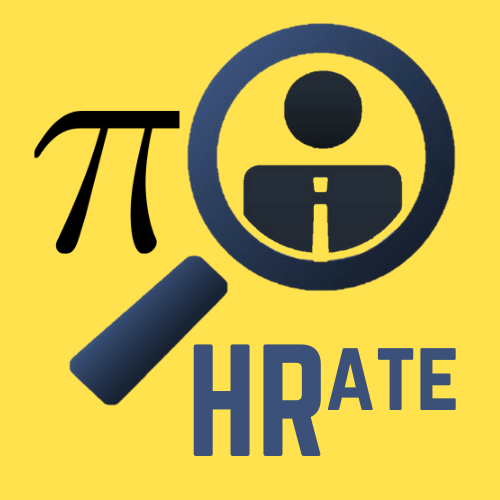A Recruitment Campaign is a strategic and coordinated series of activities and communications aimed at attracting, engaging, and converting potential candidates within a specified timeframe. The goal of such a campaign is to create awareness about job opportunities within an organization, promote its employer brand, and encourage qualified individuals to apply for open positions. Here are key elements and considerations associated with a Recruitment Campaign:
- Campaign Objectives:
- Clearly defined goals, such as filling specific job roles, promoting diversity, or enhancing the employer brand.
- Target Audience Identification:
- Understanding the demographic and professional characteristics of the desired candidate pool.
- Messaging and Branding:
- Crafting compelling and consistent messaging that reflects the organization’s employer brand and values.
- Multichannel Approach:
- Utilizing various communication channels, including online job boards, social media, email campaigns, and traditional advertising, to reach a wide audience.
- Content Creation:
- Developing engaging content, including job postings, videos, testimonials, and other materials that showcase the organization’s culture and opportunities.
- Employer Branding:
- Integrating employer branding initiatives to build a positive perception of the organization as an employer of choice.
- Ad Campaigns:
- Running targeted advertising campaigns, both online and offline, to increase visibility and reach potential candidates.
- Social Media Engagement:
- Leveraging social media platforms for organic and paid promotion, as well as interactive engagement with the audience.
- Events and Webinars:
- Hosting virtual or in-person events and webinars to provide in-depth information about the organization, its values, and job opportunities.
- Referral Programs:
- Encouraging employees and network contacts to refer qualified candidates through incentivized referral programs.
- Application Process Optimization:
- Streamlining the application process to make it user-friendly and efficient for candidates.
- Metrics and Analytics:
- Implementing tracking tools to monitor and measure the effectiveness of the campaign, including application rates, source attribution, and candidate engagement.
- Timeline and Schedule:
- Defining a clear timeline for the campaign, including launch dates, application deadlines, and key milestones.
- Communication Plan:
- Developing a communication plan that includes pre-launch teasers, regular updates, and post-campaign follow-ups.
- Feedback Mechanism:
- Establishing a mechanism for collecting feedback from candidates to inform future recruitment campaigns.
- Budget Allocation:
- Allocating funds for advertising, promotions, and any other campaign-related expenses.
- Employment Value Proposition (EVP) Showcase:
- Highlighting the unique benefits and values that the organization offers to potential candidates.
- Candidate Relationship Management (CRM):
- Implementing CRM tools and strategies to maintain relationships with candidates beyond the current campaign.
By strategically planning and executing a Recruitment Campaign, organizations can effectively showcase their employer brand, attract qualified candidates, and create a positive impact on the talent acquisition process. Regular evaluation and adjustment based on campaign performance metrics contribute to continuous improvement in recruitment strategies.



